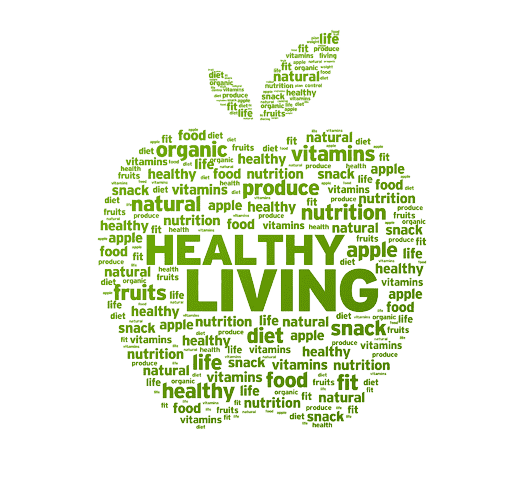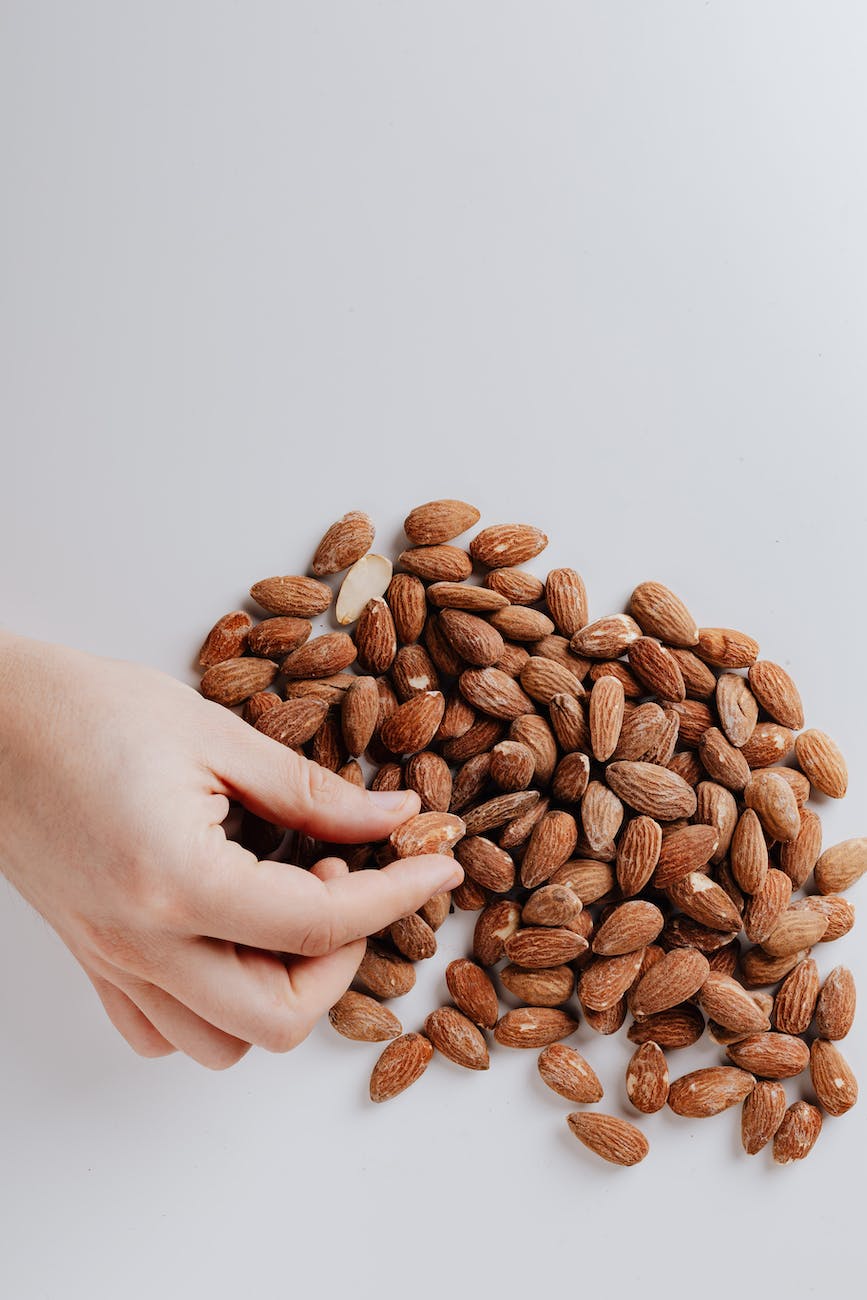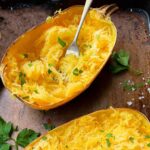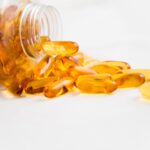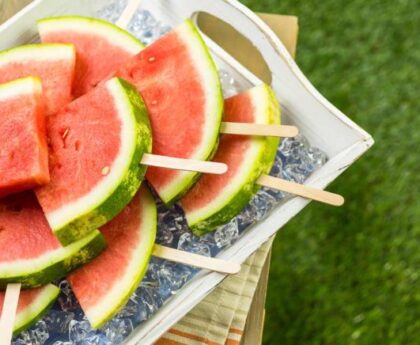Protein is a macronutrient that plays a crucial role in our bodies. It is essential for building and repairing tissues, producing hormones and enzymes, and supporting a healthy immune system. According to the Centers for Disease Control and Prevention (CDC), adults should aim to consume at least 0.8 grams of protein per kilogram of body weight per day. For most people, this translates to around 46 grams per day for women and 56 grams per day for men. However, there is growing evidence that some people may need more protein than this, especially athletes and older adults. So, what are the best high protein foods for you?
Given the importance of protein, it’s not surprising that many people are trying to consume more of it in their diets. In fact, a 2018 survey by the International Food Information Council Foundation found that 60% of Americans say they are trying to consume more protein. But finding high protein foods that are also convenient, nutritious, and free of negative attributes can be a challenge.
There are a variety of protein sources available, but many come with trade-offs. For example, while natural peanut butter made solely from peanuts is a good option, it often contains high amounts of fat. Similarly, while canned tuna and jerky are ready-to-eat options, they may have more fat and can contribute to mercury buildup in the body when consumed in excess.
Protein Powders
Protein powders are a popular choice for their convenience and minimal preparation time. According to a survey by Grand View Research, the global protein supplements market is projected to reach $32.6 billion by 2027. Protein powders can be made from a variety of sources, including whey, casein, soy, pea, and hemp. They are often used by athletes and bodybuilders to increase muscle mass and support recovery after workouts. However, they are often regarded as a supplement, and relying solely on protein powder for all your protein needs may not be advisable.
Other protein options, such as eggs, chicken, and ground turkey, require some preparation time but provide a solid foundation for a protein-rich diet. A large egg contains around 6 grams of protein, while a 3-ounce serving of cooked chicken breast contains around 26 grams of protein.
If you’re looking for a balance between convenience, nutrition, and protein intake, nonfat Greek yogurt could be a great option. A 6-ounce serving of nonfat Greek yogurt contains around 18 grams of protein. It is an excellent source of protein and can be easily consumed straight out of the container. Greek yogurt is also versatile and can be used in a variety of recipes to add protein to your meals. However, it does contain some carbs and can be pricey compared to other protein sources.
It’s important to note that relying on a single protein source may not provide you with all the nutrients your body needs. According to a study published in the American Journal of Clinical Nutrition, consuming a variety of protein sources can help optimize protein intake and support overall health.
Some of the best high protein foods that are also nutritious and convenient
- Cottage cheese: A half-cup serving of cottage cheese contains around 14 grams of protein. It’s also a good source of calcium, which is important for bone health.
- Tofu: Tofu is a great plant-based protein source. A 3.5-ounce serving of tofu contains around 8 grams of protein. It’s also a good source of iron and calcium.
- Quinoa: Quinoa is a complete protein, meaning it contains all nine essential amino acids. A half-cup serving of cooked quinoa contains around 4 grams of protein. It’s also a good source of fiber and several vitamins and minerals.
- Nuts and seeds: Nuts and seeds are another great source of protein. They are easy to snack on and can be added to various recipes. Almonds, for example, contain 6 grams of protein per ounce and are also a good source of healthy fats, fiber, and vitamins. Other good options include chia seeds, pumpkin seeds, and hemp seeds, all of which are high in protein and healthy fats.
One thing to keep in mind with nuts and seeds, however, is their calorie content. They are calorie-dense, which means that even though they are a healthy snack, they should be consumed in moderation.
Best high protein foods for vegans/vegetarians
For vegetarians and vegans, plant-based protein sources such as legumes and tofu are essential. Legumes, such as lentils and chickpeas, are high in protein, fiber, and other nutrients. One cup of cooked lentils contains 18 grams of protein, while one cup of chickpeas contains 15 grams of protein.
Tofu is another great source of plant-based protein. It is low in fat and calories and can be used in various recipes. One cup of tofu contains around 20 grams of protein, making it a great alternative to meat.
Summary
There are many high-protein foods with little to no negative attributes. However, it’s important to remember that there is no one-size-fits-all solution. The best approach is to have a variety of protein sources to ensure you’re getting all the essential amino acids your body needs.
When it comes to convenience, protein powders and bars can be a good option, but they should not be relied on as the sole source of protein. Canned tuna and jerky are also convenient but should be consumed in moderation due to their high sodium content.
For those who have a bit more time to prepare their meals, options such as eggs, chicken, turkey, and cottage cheese are all great sources of protein. Vegetarians and vegans can also turn to plant-based sources such as legumes, tofu, nuts, and seeds.
Overall, choosing the right high-protein food depends on individual preferences, dietary restrictions, and lifestyle factors. The key is to find a balance between convenience and nutrition and to make sure you’re getting enough protein to support your health and fitness goals.
